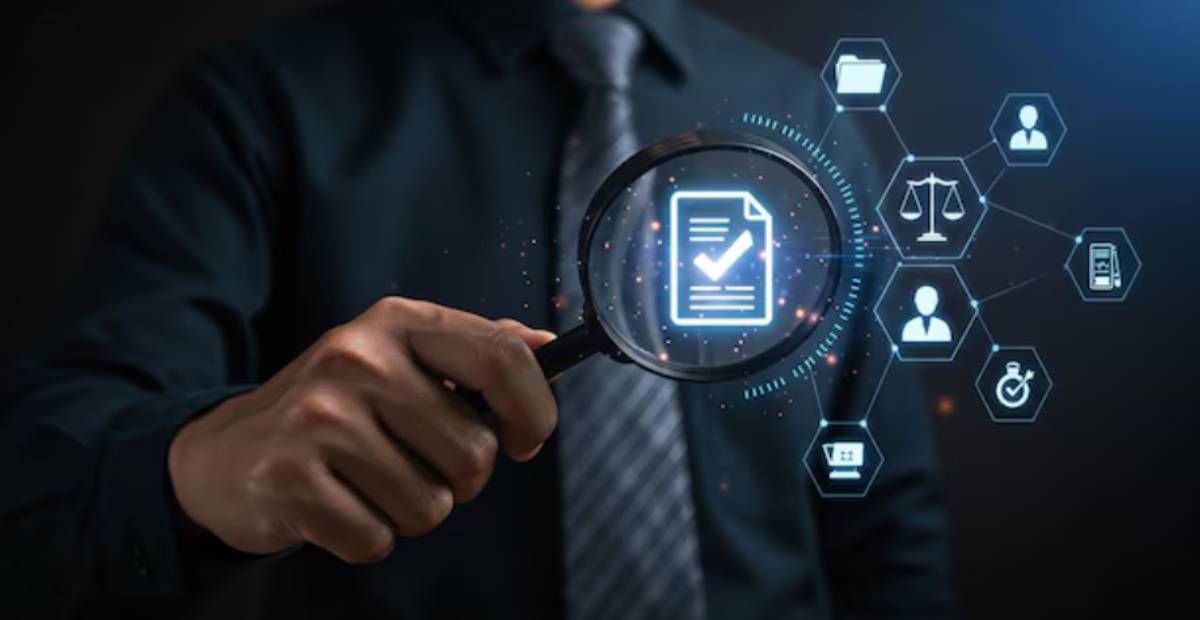Intellectual property (IP) licensing has become one of the most powerful tools for businesses in the digital era. As companies continue to develop new products, technologies, and creative works, securing an intellectual property (IP) license allows them to unlock revenue streams, expand into new markets, and strengthen collaborations. At the same time, the digital economy has introduced fresh challenges related to compliance, enforcement, and valuation. The balance between innovation and legal control has never been more important.
The Rise of IP Licensing in the Digital Economy
The growth of online platforms, e-commerce, and digital services has transformed the way intellectual property is used and shared. Today, companies rely on IP licensing not only to protect their creations but also to generate strategic partnerships. Whether it is licensing software, trademarks, music, or patented technology, IP licensing provides businesses with the flexibility to grow while ensuring compliance with legal standards.
The digital shift has also created new complexities. For instance, licensing agreements for software-as-a-service (SaaS), cloud computing tools, or AI-driven solutions require careful structuring to address issues like data protection, cross-border rights, and usage restrictions. This has increased the demand for expert legal guidance to draft, negotiate, and enforce licensing contracts in an evolving regulatory landscape.
Why Intellectual Property Licensing Matters?
For businesses in technology, media, healthcare, and manufacturing, intellectual property is one of the most valuable assets. However, ownership alone is not enough. Without proper licensing strategies, organisations risk underutilising their IP or losing control of how it is used.
An effective intellectual property (IP) license provides:
- Revenue Generation: Royalties, franchise fees, and licensing payments create sustainable income.
- Market Expansion: Licensing agreements enable businesses to enter new territories without significant investment.
- Risk Management: Contracts define the scope of use, preventing misuse or infringement.
- Collaboration Opportunities: Partnerships in research, product development, and brand expansion often rely on licensing frameworks.
In many cases, licensing becomes a bridge between innovation and commercialisation. A company with strong patents may lack the infrastructure to bring products to market. By licensing those patents, they can collaborate with manufacturers or distributors while retaining ownership.
Challenges in the Digital Licensing Landscape
Despite its advantages, IP licensing in the digital age presents several challenges:
1. Digital Piracy and Infringement
Online piracy remains a global issue. Even with robust licensing terms, unauthorised distribution of software, films, or digital products can cause massive financial losses.
2. Jurisdictional Complexity
The internet crosses borders, but IP laws remain national. Licensing agreements must carefully define which jurisdictions apply, particularly in global trade.
3. Rapid Technological Change
Emerging technologies like artificial intelligence, blockchain, and NFTs demand new forms of licensing. Traditional frameworks may not address questions of ownership, transfer, or monetisation of these assets.
4. Valuation and Compliance
Determining the fair value of an intellectual property (IP) license can be complex. Valuation depends on market demand, exclusivity, and the technology’s potential. Compliance with tax and regulatory frameworks also requires careful structuring.
These challenges highlight the need for legal expertise, particularly when businesses are expanding internationally or working with digital-first products.
Strategies for Effective IP Licensing
The success of an IP licensing arrangement depends on how well it is structured and managed. Below are key strategies businesses should adopt:
1. Clearly Define Scope and Rights
A licensing agreement must state whether the rights are exclusive, non-exclusive, or sole. It should also specify the permitted uses, territories, and duration. Ambiguities can lead to disputes.
2. Protect Brand Integrity
When licensing trademarks or brand assets, businesses must ensure quality control. A strong agreement will include clauses requiring licensees to maintain brand standards. This is why consulting the best trademark lawyers in India is essential for businesses looking to expand without diluting brand value.
3. Incorporate Digital Safeguards
For digital products, software, and online platforms, licensing agreements should include cybersecurity measures, encryption requirements, and audit rights to prevent misuse.
4. Balance Flexibility and Control
Overly rigid licensing contracts may discourage potential licensees. On the other hand, too much flexibility may risk IP misuse. Striking a balance ensures long-term commercial value.
5. Address Termination and Renewal
Agreements should include clear exit strategies, renewal options, and dispute resolution mechanisms. These clauses are crucial to maintaining control while adapting to future changes.
The Role of Technology in Modern Licensing
Technology itself has become a tool for better licensing. Blockchain, for example, is increasingly used to record licensing agreements, ensuring transparency and traceability. Smart contracts powered by blockchain can automatically execute licensing terms, such as royalty payments, once certain conditions are met.
Similarly, AI tools are helping businesses monitor potential infringements by scanning digital platforms for unauthorised usage. This technological integration makes IP licensing more efficient, although it also requires updated legal frameworks.
Balancing Innovation, Compliance, and Commercial Value
The essence of licensing in the digital era lies in balance. Businesses must encourage innovation by granting access to their intellectual property while ensuring compliance with legal and ethical standards. At the same time, they need to preserve commercial value by protecting ownership rights.
For instance, an entertainment company may license its films for streaming on digital platforms. While this generates revenue and expands reach, the agreement must also address piracy concerns, copyright enforcement, and geographic restrictions. Similarly, a software company offering global SaaS products must balance customer access with strong compliance obligations.
The Role of Legal Experts in IP Licensing
Navigating these challenges requires professional expertise. The drafting and negotiation of an intellectual property (IP) license involve complex considerations of law, technology, and business strategy. Without proper guidance, businesses risk losing control of their assets or failing to realise their full commercial potential.
This is where the expertise of the best IP lawyers in India becomes crucial. From ensuring proper valuation to handling disputes and protecting rights across jurisdictions, their role is central to effective IP management.
Conclusion
In the digital era, intellectual property is not only a shield against infringement but also a strategic asset for growth. Effective IP licensing enables companies to unlock revenue, enter new markets, and collaborate without losing control of their creations. At the same time, compliance, enforcement, and valuation remain critical concerns that demand expert handling.
Businesses looking to thrive in the digital economy must approach licensing with a blend of innovation, legal precision, and commercial foresight. By working with experienced legal professionals, they can ensure their licensing strategies safeguard value while embracing the opportunities of globalisation and technology.
Frequently Asked Questions (FAQs)
An intellectual property (IP) license is a legal agreement that allows another party to use, produce, or distribute intellectual property while the owner retains ownership. It sets out the scope, duration, and terms of use to ensure compliance and protect the creator’s rights.
In the digital age, businesses rely heavily on innovation and creativity. IP licensing helps companies monetise their inventions, software, or creative works, expand into new markets, and collaborate strategically while maintaining control over ownership and compliance.
Key challenges include digital piracy, cross-border jurisdictional issues, rapid technological change, and complex valuation of rights. Businesses also need to ensure their agreements address compliance with tax and regulatory frameworks.
Brand protection in trademark licensing requires strict quality control clauses, monitoring mechanisms, and clear usage terms in the agreement. Seeking advice from the best trademark lawyers in India ensures that brand value is preserved during expansion.
Yes, involving legal experts is strongly recommended. Licensing agreements are complex and involve legal, technical, and commercial considerations. Working with professionals such as the best IP lawyers in India helps businesses safeguard their rights, avoid disputes, and maximise commercial value.







